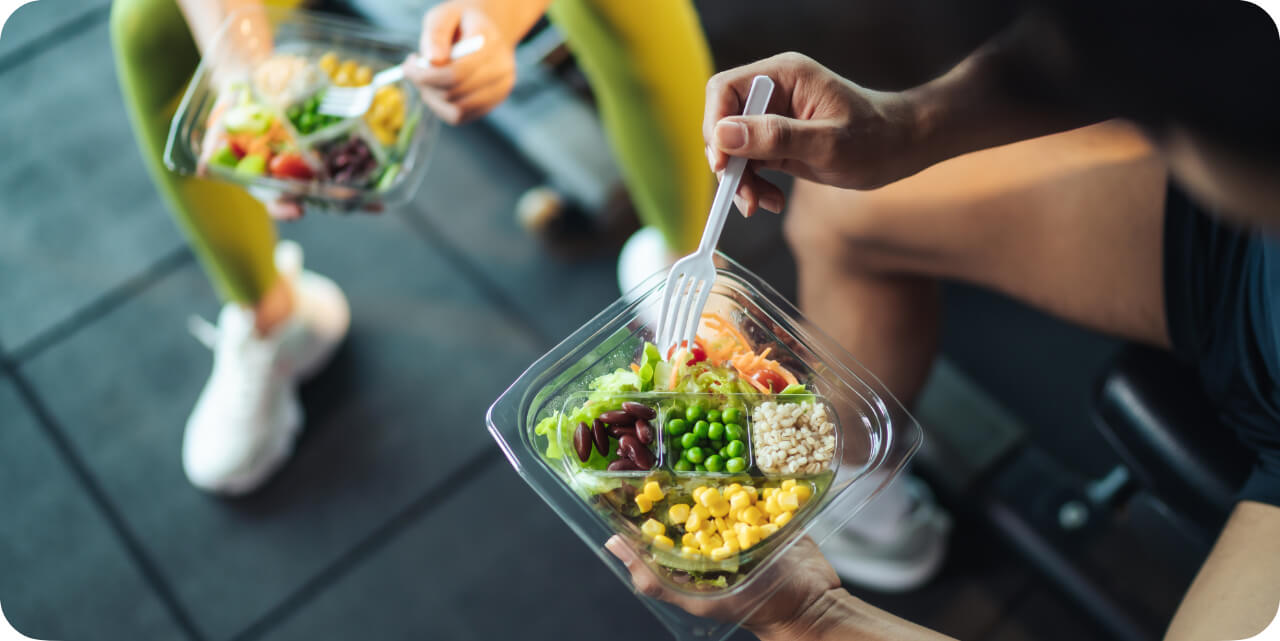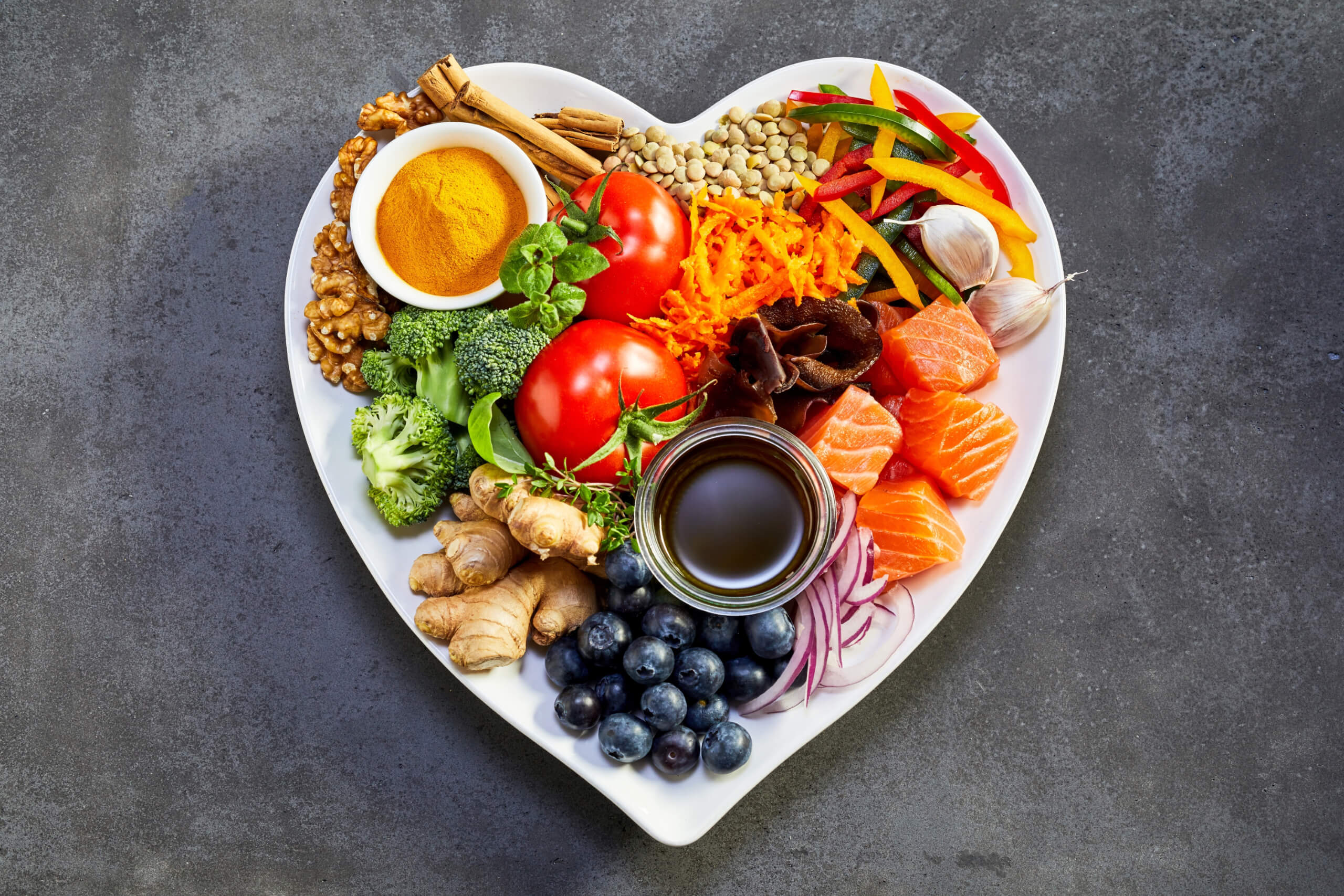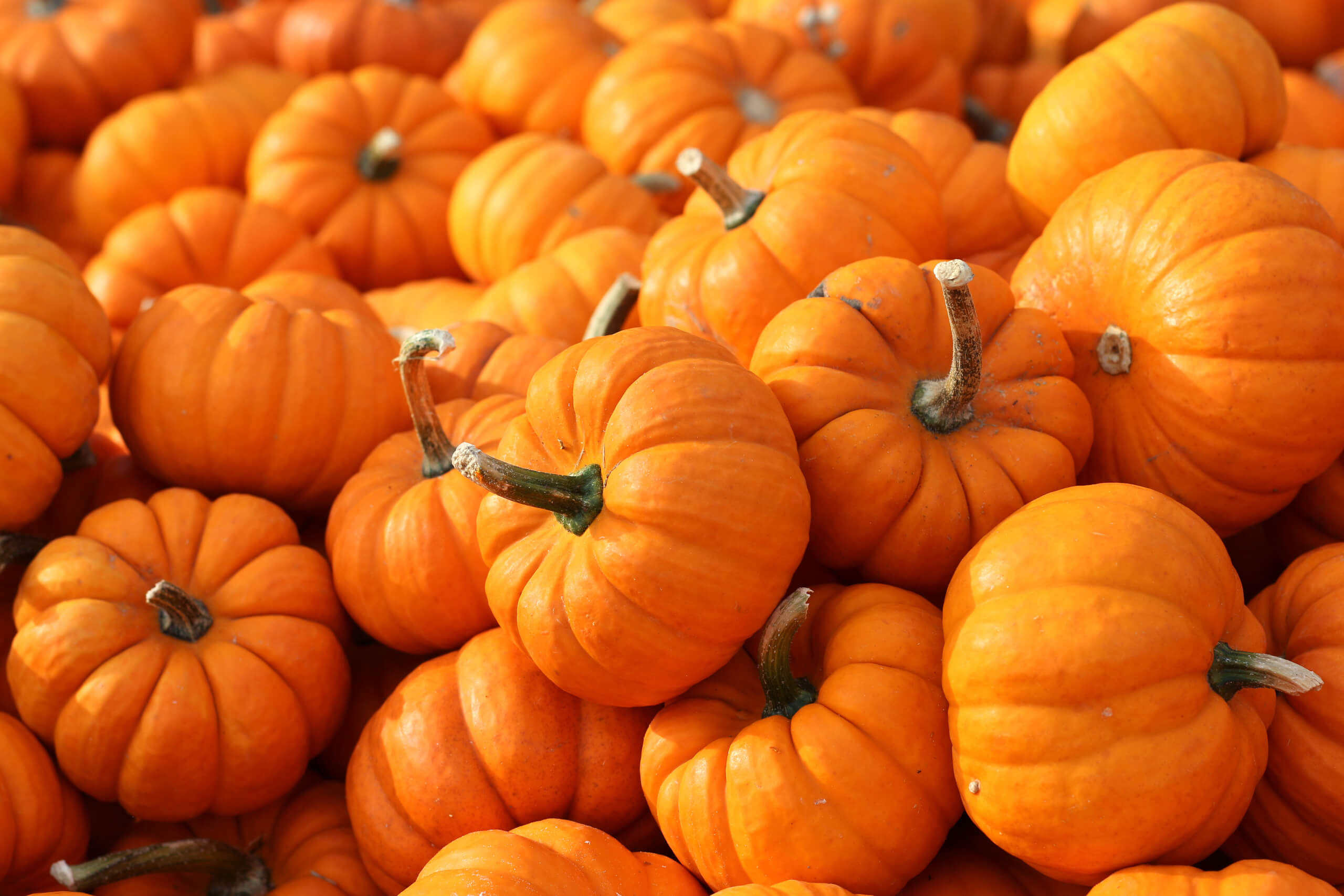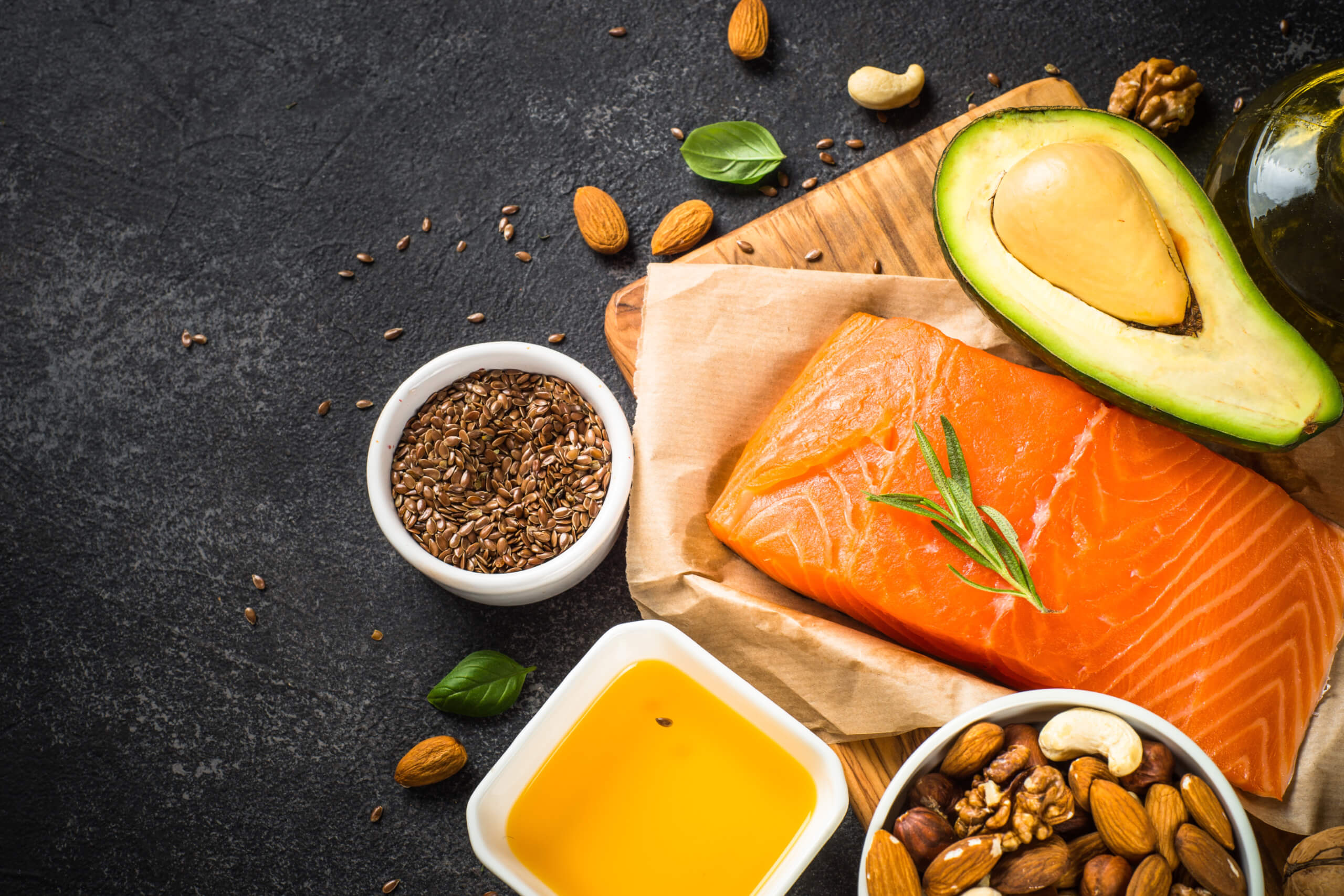Ever pondered whether a plant-based diet could fuel the rigorous demands of an athlete? Let’s dive deep and unravel this mystery!
Understanding Plant-Based Diets
Definition
A plant-based diet emphasizes whole foods like fruits, vegetables, grains, nuts, and legumes, while excluding or minimizing animal-derived products. It’s not just about salads; it’s about a vast array of delicious, nutrient-rich foods.
Popularity Among Athletes
Many elite athletes, including Olympians and professional football players, are turning towards plant-based diets. Why? They’ve realized the numerous benefits, from faster recovery times to increased energy levels.
Nutritional Concerns for Athletes
Protein Needs
Athletes, especially those in strength training, have increased protein requirements. But here’s the kicker: plant-based diets can adequately meet these needs when appropriately planned!
Other Essential Nutrients
Besides proteins, athletes need various nutrients like iron, calcium, omega-3 fatty acids, and B12. Many believe these are scarce in vegan diets, but with the right foods and occasional supplements, it’s a walk in the park.
Sources of Protein in a Vegan Diet
Legumes
Think beans, lentils, and chickpeas. A cup of cooked lentils, for instance, packs a whopping 18 grams of protein. Who said vegans are protein-deprived?
Grains
Ever tried quinoa? This grain is not only protein-rich but also contains all nine essential amino acids, making it a complete protein source. Talk about a superfood!
Nuts and Seeds
From almonds to chia seeds, these tiny powerhouses are brimming with protein. Sprinkle them on your salad, or snack on a handful.
Benefits of Plant-Based Diet for Athletes
Enhanced Recovery
Some athletes swear by the reduced recovery times they’ve experienced since going plant-based. Less muscle soreness and quicker bounce-back? Yes, please!
Reduced Inflammation
Plants are rich in antioxidants that combat oxidative stress, leading to reduced inflammation. For an athlete, this means fewer injuries and faster healing.
Improved Cardiovascular Health
Athletes need a strong heart. A diet rich in plants can reduce the risk of heart diseases, ensuring the ticker remains robust and efficient.
Challenges and Misconceptions
Protein Deficiency Myths
The biggest misconception? “Vegans can’t get enough protein.” With a myriad of plant-based protein sources available, this myth has been thoroughly debunked.
Overcoming Nutritional Gaps
With conscious planning and occasional supplementation, vegans can easily meet and even exceed their nutritional requirements. It’s all about knowledge and choice.
Conclusion
Plant-based diets are not only feasible for athletes but also beneficial. From enhanced recovery to better heart health, the merits are aplenty. With proper planning and a bit of knowledge, athletes can thrive on a vegan diet.
FAQs
- Are there vegan athletes who’ve achieved success in their field?
- Absolutely! Athletes like Venus Williams and Lewis Hamilton are testimony to the power of plant-based nutrition.
- Is soy a good protein source for athletes?
- Yes, soy products like tofu and tempeh are rich in protein and can be a valuable part of an athlete’s diet.
- Do vegan athletes need to take supplements?
- Depending on their food choices, some might need supplements like B12 or iron. It’s always good to consult with a nutritionist.
- Aren’t plant proteins incomplete?
- While some plant proteins might lack one or more essential amino acids, combining different plant foods can ensure a complete protein intake.
- Do plant-based diets offer enough calories for athletes?
- Absolutely. Foods like nuts, seeds, and grains are calorie-dense and can help athletes meet their energy needs.
Related Posts
11/12/2023
Potential Role of CBD for Athletes
The world of sports is constantly evolving, with athletes always seeking new methods to enhance their performance and…
01/12/2023
Competition time! Win a free product for you and your gym buddy
We are giving away one of our supplements for free! For you and your gym buddy or bestie. To enter: like a post on our…
29/11/2023
How Food Habits Can Affect Your Mental Health
The food we eat plays a crucial role in not just our physical health but also our mental well-being. Recent research…
08/11/2023
Healthy Diet 101: Macro and Micronutrients – Tips and Tricks
A healthy diet is more than just a tool for weight management; it's a way to nourish your body and mind, maintain good…
01/11/2023
Spooky? Health Benefits of Pumpkin for Athletes
Pumpkins, often associated with Halloween and fall festivities, are usually seen carved into jack-o’-lanterns rather…
26/10/2023
10 Super Foods to Supercharge Your Healthy Diet
In the fast-paced world we live in, maintaining a healthy diet can sometimes feel like an uphill battle. However, with…
19/10/2023
10 Best Foods for Sports Injury and Recovery
Sports injuries are a common part of an athlete's journey, but the road to recovery can be expedited with the right…
13/10/2023
8 Benefits of High Intensity Interval Training (HIIT)
Quisque non est quis libero ornare egestas vel ut arcu. Ut non mauris maximus, consectetur lorem et, interdum quam. Nam…
09/10/2023
10 Best Gym & Training Accessories to Improve Performance
In the quest for athletic excellence, the modern-day gym enthusiast is always on the lookout for the edge that will…












